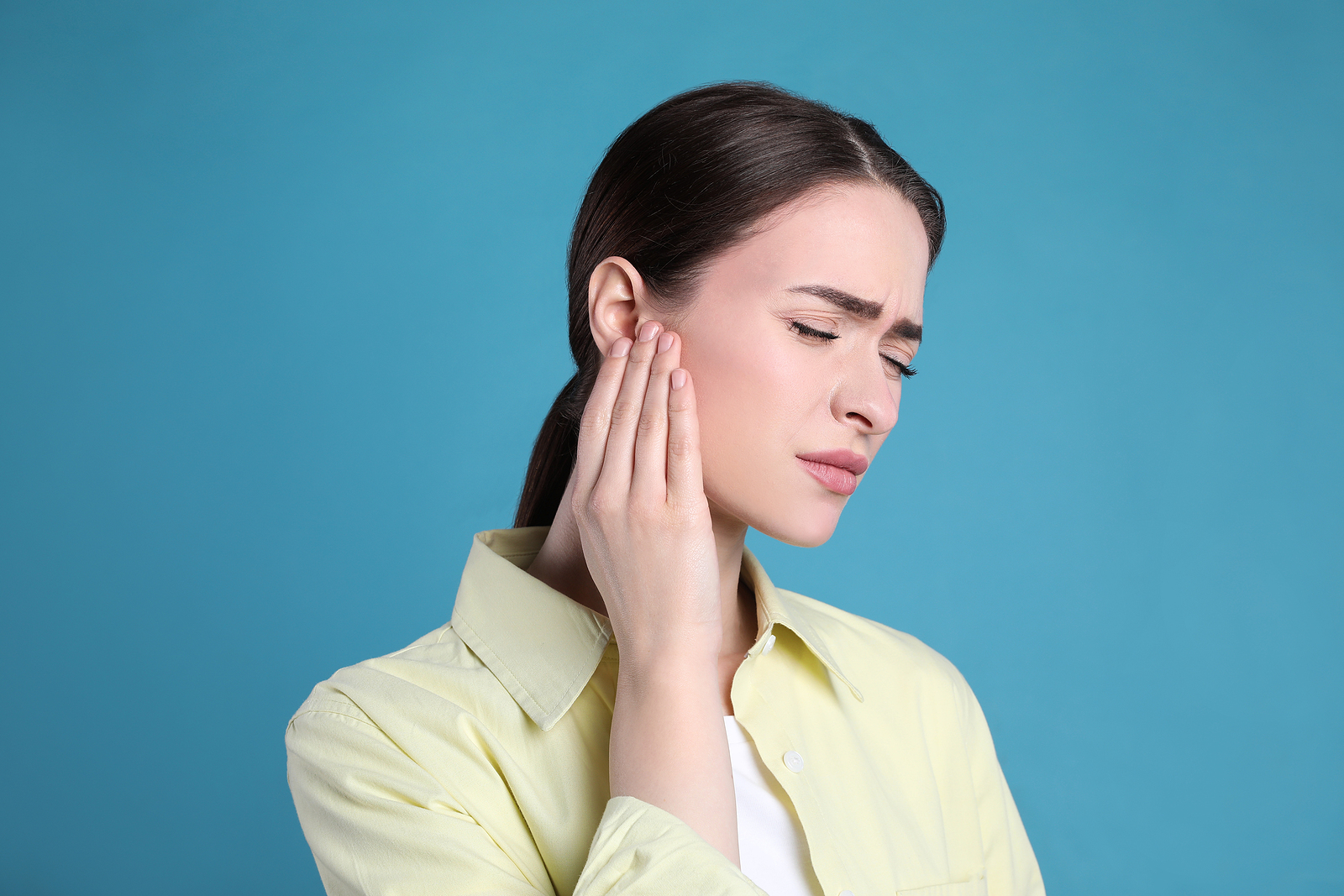
Hearing loss can affect people of all ages and can be caused by various factors. Acquired hearing loss is the result of damage to the ear after birth and can occur at any point in a person’s life. In this blog, we will explore the causes of acquired hearing loss, the risk factors, and the available treatments.
Types of Acquired Hearing Loss
Acquired hearing loss can be classified into three types: conductive, sensorineural, and mixed. Conductive hearing loss occurs when sound waves are unable to reach the inner ear due to an obstruction or damage to the outer or middle ear. Sensorineural hearing loss happens when there is damage to the inner ear or the nerve pathways that connect the ear to the brain. Mixed hearing loss is a combination of both conductive and sensorineural hearing loss.
Causes of Acquired Hearing Loss
Age-related hearing loss is the most common cause of acquired hearing loss. As we age, the cells in our inner ear start to deteriorate, and our ability to hear declines gradually. Noise-induced hearing loss is another prevalent cause of acquired hearing loss. Exposure to loud noises, either at work or during recreational activities, can damage the hair cells in the inner ear and cause hearing loss.
Diseases and medical conditions can also contribute to acquired hearing loss. Otosclerosis is a condition that affects the bones in the middle ear and can lead to conductive hearing loss. Meniere’s disease is a disorder that affects the inner ear and can cause vertigo, tinnitus, and hearing loss. Acoustic Neuroma is a benign tumor that grows on the nerve that connects the ear to the brain and can cause hearing loss.
Certain medications and chemical exposure can also cause acquired hearing loss. Drugs such as antibiotics, chemotherapy drugs, and aspirin can damage the hair cells in the inner ear and lead to hearing loss. Exposure to loud noises or toxins such as heavy metals, solvents, or pesticides can also cause hearing loss.
Head trauma is another significant cause of acquired hearing loss. A blow to the head or a severe injury can damage the ear or the nerve pathways that connect the ear to the brain and lead to hearing loss.
Risk Factors for Acquired Hearing Loss
Age is the most significant risk factor for acquired hearing loss. As we age, our hearing abilities naturally decline. Occupational exposure to loud noises can also increase the risk of hearing loss. People who work in noisy environments such as construction sites or factories are more likely to experience hearing loss. Recreational exposure to loud noises, such as listening to music at high volumes or attending concerts, can also increase the risk of hearing loss. Genetics and medical conditions such as high blood pressure, diabetes, and heart disease can also contribute to the risk of acquired hearing loss.
Prevention and Treatment
Preventing acquired hearing loss involves reducing exposure to loud noises and protecting your ears from noise-induced damage. Wearing earplugs or earmuffs in noisy environments can help protect your ears. Lifestyle changes, such as reducing alcohol and nicotine consumption, can also help prevent hearing loss. Regular hearing checkups are important to detect and treat hearing loss early.
The treatment of acquired hearing loss depends on the type and severity of the hearing loss. Hearing aids are the most common treatment for hearing loss. They amplify sound and help people hear better. Cochlear implants are another treatment option for people with severe hearing loss. These devices bypass the damaged parts of the ear and send signals directly to the brain. Assistive listening devices such as FM systems, captioning devices, and telecoils can also help people with hearing loss communicate better. Counseling and rehabilitation can also be beneficial in adjusting to hearing loss.
Acquired hearing loss can significantly impact a person’s quality of life. Early detection and treatment can help manage the effects of hearing loss and improve a person’s ability to communicate and engage with the world around them. If you are experiencing any hearing-related issues, we encourage you to visit our hearing practice for a hearing evaluation. Our experienced audiologists can provide personalized treatment options that can improve your hearing and enhance your overall quality of life.
